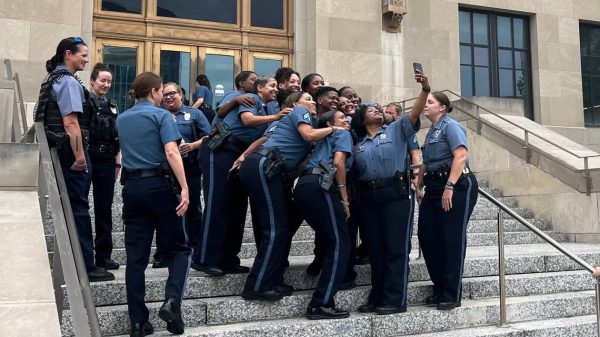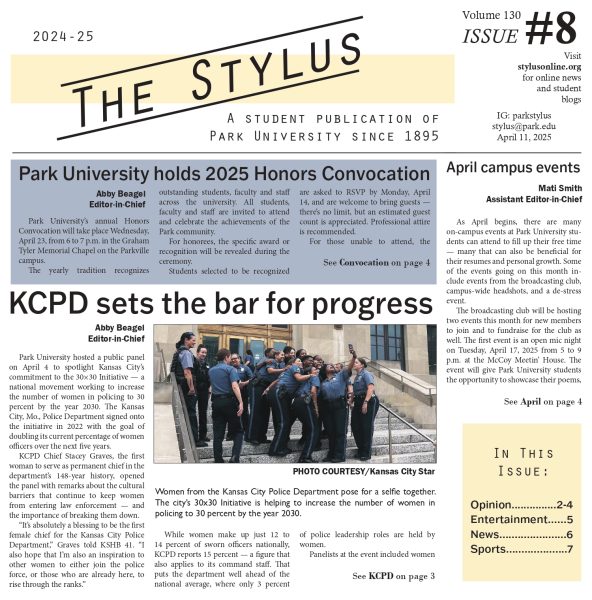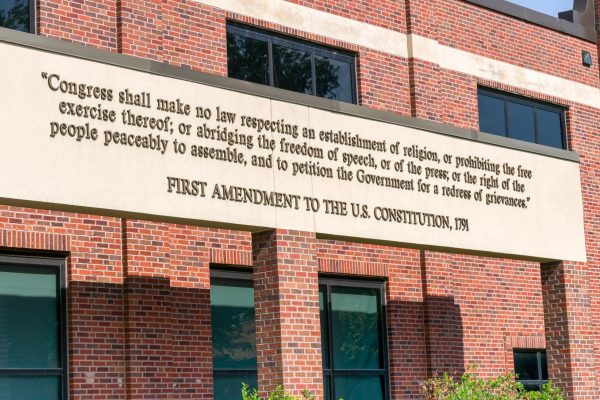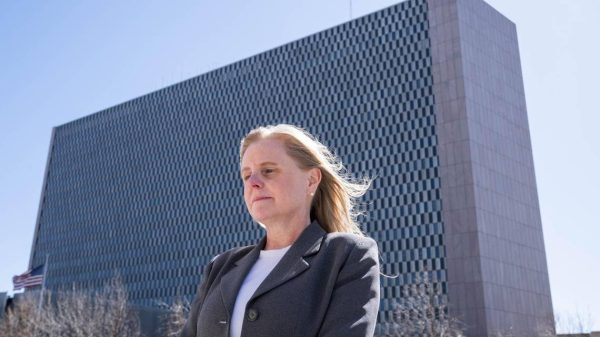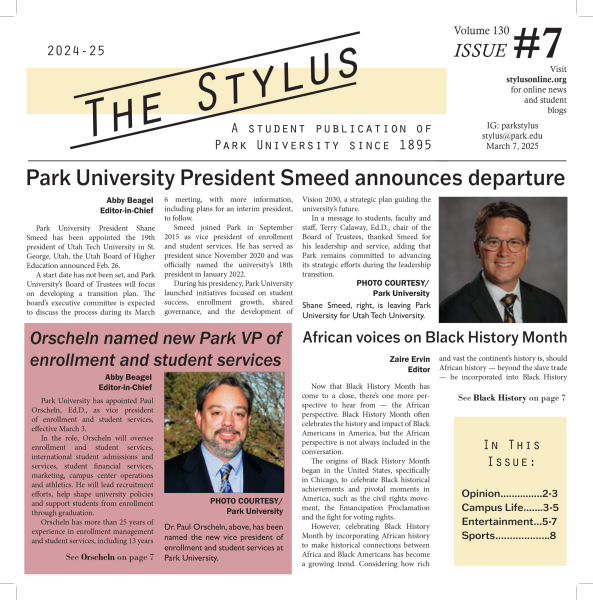Taxes!
The 2017 United States tax season is coming to the halfway point as millions of Americans must file their taxes to see if they get a refund from the federal and state governments or own money to the federal and state government.
Per the Associated Press, the IRS believed 150 million people filed their taxes in 2016. Of those 150 million people who filed, 54 percent of the people got a refund. The average refund was $2,798. Students, professors and staff at Park University will also have to file their taxes.
Some students may be in the position of filing their taxes on their own for the first time this year. Many may not know where to get help, how to file on their own or the tax benefits available to them.
The first step in filing a tax return is making sure a Form W-2 has been received from each employer where the student worked in the previous year. Even if a student did not work in 2016, they may still be required to file a tax return if they are a Pell grant recipient or received scholarships. Students will also receive Form 1098-T which reports “qualified education expenses,” including tuition.
Aaron Riffle, a senior majoring in multimedia journalism and minoring in graphic design, has filed his own taxes for the last six years.
Riffle relies on the software program TurboTax to help him out and has very positive things to say about it.
“I think it’s pretty easy mostly because it’s step by step kind of stuff,” Riffle said. “So, once you got all of your tax documents, you pretty much just do what it tells you. As long as you don’t have any complicated taxes, they are usually pretty easy.”
However, just by virtue of attending college, students’ tax returns can start to get complicated.
College student can receive the American Opportunity Tax Credit for the first four years they attend an institution of higher education. It will decrease a tax bill by $2,500 for tuition, supplies and fees accumulated while they are seeking a degree. However, if a student doesn’t owe any taxes, the credit can still be claimed, and a student may get 40 percent of the remaining credit, up to $1,000.
The Lifetime Learning Tax Credit refunds up to $2,000 for all educational expenses such as tuition, equipment and books. To qualify, a student must be able to prove they were enrolled in school for at least one year.
College student can also get Form 8917 which is a tuition and fees deduction. This would reduce some amount of taxes owed.
Riffle said he got about $2,500 from last year’s tax season. However, he has yet to file his taxes for this year.
“To be honest, a lot of places are a little bit slow about giving back tax documents,” Riffle said. “So as far as my banking documents I haven’t received all my 1099 (tax document) for interests so I’m trying to kind of hold off. To be honest, I don’t have a big enough bank account where the interest is going to be detrimental, but I still try to wait for all that stuff to come in”
Riffle thinks the tax season is kind of exciting and always tries to make sure he gets a refund from every year and hopes to get a refund from this tax season as well.
While students either fill out their own taxes or have help from other when filling out their taxes, one student fills out their own taxes and helps other families fill out their own taxes as well.
Anna Hazen is a junior majoring in financial planning. She has filed her own taxes for more than 20 years and helps others as well.
“I actually volunteer for VITA, Volunteer Income Tax Assistance,” she said. “We prepare taxes for low income individuals so they are fairly easy to prepare because they don’t have things like capital gains or losses things like that to claim.”
VITA is available to people who make less than $54,000 per year, people with disabilities and people with limited English. There are VITA sites at Kansas City Kansas Community College and the First Baptist Church in North Kansas City. To find the site closest to you, visit IRS.gov.
Hazen looks forward to the tax season because she knows she will get a refund from the federal government. She also said she gets a nice return as well.
“With the educational tax credit, that’s an automatic two grand back in my pocket,” Hazen said.
The deadline for filing taxes this year is April 18. The deadline is normally April 15 but the dates falls on a Saturday to which this would move the filing deadline to the following Monday. However, Emancipation Day, a legal holiday in the District of Columbia, is observed on Monday, April 17. As a result, the nation’s filing deadline is pushed back to Tuesday, April 18. However, students are encouraged to file their tax returns as soon as possible so the information can be used on their FAFSA.
Your donation will support the student journalists of Park University. Your contribution will allow us to cover our annual website hosting costs, freeing up other funds for equipment, printing and training.




